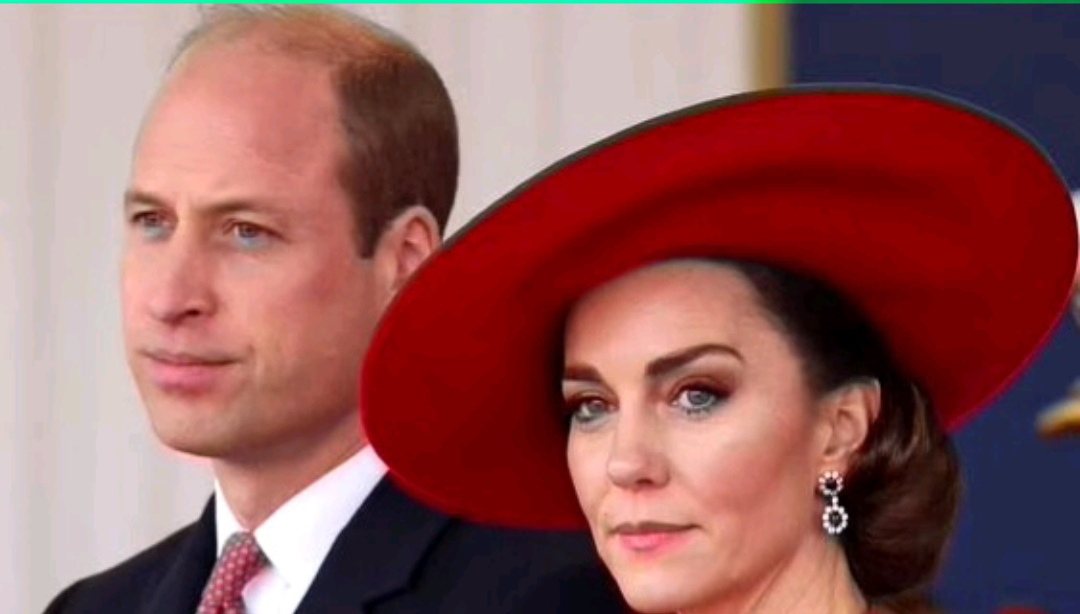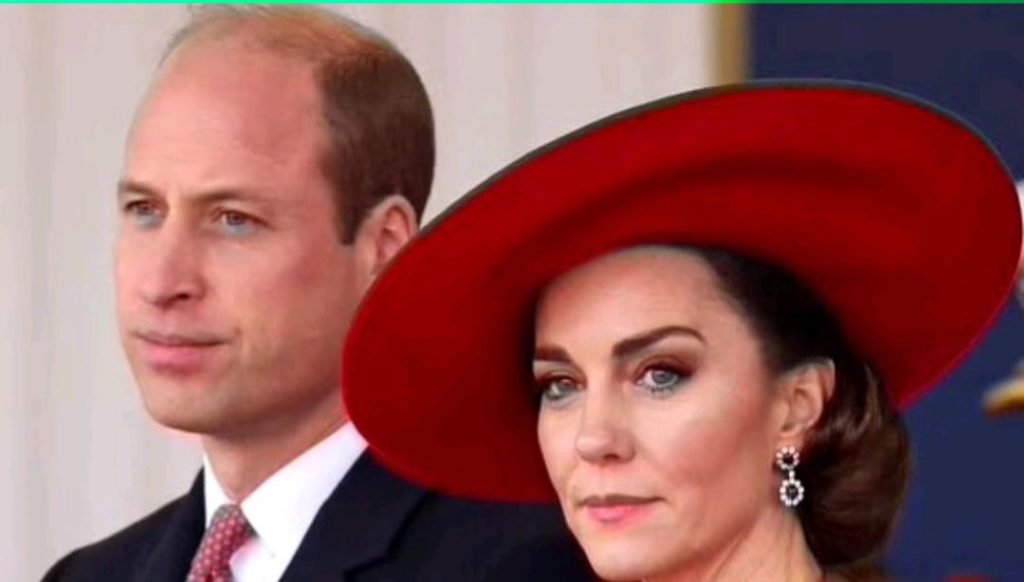
Over the past few days, rumors and conspiracy theories have emerged online suggesting that Kate Middleton, the Duchess of Cambridge, is in a coma. As the wife of Prince William, second in line to the British throne, Kate Middleton is a high-profile figure, and any news concerning her health is subject to intense public scrutiny. Kensington Palace has moved quickly to respond to the rumors, but the speculation and theories surrounding the Duchess’ health have continued to spread.

As Reported By Daily Express The controversy began when an obscure online source claimed that Kate Middleton had been involved in a serious accident and had slipped into a coma as a result. The speculative reports quickly gained traction on social media, with numerous individuals sharing and discussing the rumors. As the news spread, it was met with a mix of concern and skepticism from the public, as many were eager to learn more about the true status of the Duchess’ health.
The speculation surrounding Kate Middleton’s health prompted a swift response from Kensington Palace. In an official statement, the palace categorically denied the rumors, labeling them as baseless and unfounded. The statement went on to reassure the public that the Duchess of Cambridge was in good health and continuing with her royal duties as normal. Despite the palace’s efforts to dispel the rumors, the conspiracy theories have continued to gain momentum, with various online communities continuing to disseminate and discuss the unverified claims.
The emergence of these conspiracy theories has once again highlighted the challenges posed by the spread of misinformation in the digital age. With social media serving as a breeding ground for unfounded rumors and speculation, it has become increasingly difficult to verify the accuracy of information and prevent the circulation of false narratives. In the case of Kate Middleton’s alleged coma, the swift response from Kensington Palace was a crucial step in addressing the rumors, but the palace continues to face an uphill battle in combatting the viral spread of misinformation.
Conspiracy theories and rumors surrounding the royal family are not uncommon, and they often emerge in moments of heightened public interest or uncertainty. As one of the most scrutinized families in the world, the royals are no strangers to facing unfounded claims and speculation, and the emergence of rumors about Kate Middleton’s health is just the latest example of this phenomenon. The speculation not only adds unnecessary stress to the royal family but also serves as a stark reminder of the public’s insatiable appetite for royal gossip and scandal.
In light of the ongoing rumors, the palace’s response has underscored the importance of transparent and timely communication from official sources. By swiftly addressing the allegations and providing reassurance about the Duchess’ well-being, Kensington Palace has sought to quell the unfounded speculation and prevent the rumors from spiraling further out of control. Nevertheless, it is clear that the palace will need to remain vigilant in monitoring and addressing misinformation in the digital sphere.
At this point, the entirety of the claims surrounding Kate Middleton’s health remain shrouded in conjecture and falsehoods. As the situation continues to unfold, it is imperative for the public to exercise caution and skepticism when encountering unverified information. The spreading of unconfirmed gossip not only has the potential to cause unnecessary distress but also undermines the credibility of reputable news sources and detracts from genuine concerns about the royal family.




